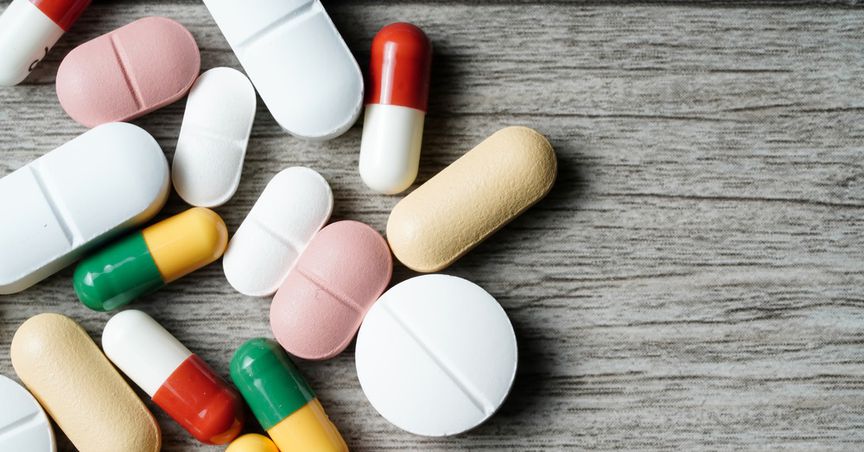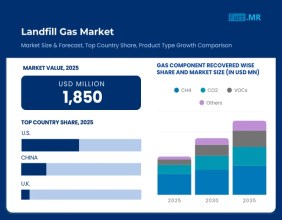Summary
- After the exclusive contract of the US, none of the countries would be able to buy Remdesivir till September
- A single course of Remdesivir could cost US$ 3,120 in the United States and US$ 2,340 to the other developed nations
- Global drugmakers are progressing steadily to find a cure for this deadly pandemic
Gilead Sciences Inc. had earlier agreed on donating its existing supply of Remdesivir; however, the company has now labelled a price on the drug. The price for the United States is going to be US$ 520 per vial or US$ 3,120 with a typical course of treatment, which is higher in comparison to the other developed nations where the price will be around US$ 2,340 for the entire course of treatment. The drug, Remdesivir was originally discovered to cure Ebola but was not successful. The company is likely to produce two million courses by the end of the year.
According to some reports, the Trump administration has bought all the stocks of Remdesivir for July, August, and September. The United States has bought nearly 500,000 doses, which translates to 90 per cent of production for the next three months. In recent weeks, the number of coronavirus cased have spiked in the United States. The US outbid its allies as it prioritised its people in this crucial phase of the unprecedented crisis.
Market experts speculated a price of around US$ 5,000 per course for the treatment, but the company has priced its product in the mid-range. This drug is anticipated to lower the hospital stays by four days and is also likely to reduce the drain on the health care system. Less number of days in hospitals could result in more savings.
As over 210 countries across the globe continue to reel from the social and economic impact of this pandemic, the company believes that pricing the product below value is the right and responsible thing to do. However, different pricing in different nations could draw some criticism in these critical times.
In addition, the pricing model set up by Gilead Sciences could serve as a basis for future pricing of new drug discoveries in the domain of coronavirus treatment. However, the company is likely to zero-in on a single pricing model which is applicable globally. A global price for the drug would cut the room for negotiations and provide easy access to countries worldwide. Meanwhile, the British Drug maker, AstraZeneca Plc had reportedly approached Gilead Sciences over a potential merger.
Remdesivir vs Dexamethasone
Cheap and easily available steroid, Dexamethasone made the headlines recently. According to some reports, this steroid is expected to save a lot of lives from the deadly virus. A preliminary study was conducted on patients, which were on mechanical ventilators or some form of supplemental oxygen. Death cases were reduced by 20 per cent. This study suggests that Dexamethasone is more effective than Remdesivir in curing critical patients. Remdesivir is likely to work better in the early course of the disease.
Drug pricing watchdog, ICER (Institute of Clinical and Economic Review) earlier put out an estimate of US$ 4,500 for Remdesivir. After the study of Dexamethasone, ICER revised its pricing estimate of Remdesivir to US$ 2,800. ICER believes that the pricing for Remdesivir is in line with the estimates. As a part of the system in the United States, for every medicine, there are always two prices. There is a different price for the government and a different one for the private insurers.
Due to the unprecedented crisis, there is a lot of pressure on the health care system. The health insurers in the United States could end up burning holes in their pockets due to higher drug prices in contrast to other countries. Even in the pre-crisis era, drug pricing was a big issue for the US drug industry as the US is known for paying more for its medicines. The US health insurers could end up paying 30 per cent more i.e. US$ 520 per vial as compared to US$ 390 per vial in the developed countries.
Corona drug and vaccine developments in different stages by other world-renowned companies
According to FTSE 100 listed group, AstraZeneca Plc (LON:AZN), when cloned antibodies are injected into a human body which is in the early stages of infection and could help in countering the deadly virus. However, injecting antibodies (antibody therapy) is more expensive than developing conventional vaccines.
The British drugmaker has already commenced production of the Covid-19 vaccine in collaboration with the Oxford University. This collaboration might prove to be a landmark achievement for the pharmaceutical company and would make it better positioned to fight similar challenges in the future as the world would always face the risk of new pandemics. The trials for the potential vaccine have already started in Brazil. The potential vaccine being developed by the Jenner Institute and Oxford Vaccine Group is known as ChAdOx1 nCoV-19. The company recently signed a deal with CEPI (Coalition for Epidemic Preparedness Innovations) to produce 300 million doses of the potential vaccine. Upon successful completion of the trials, the company is expected to roll out 1 billion doses of the potential vaccine by September. AstraZeneca Plc shares have yielded a price return of more than 9 per cent on the Year to Date basis.
American biotechnology company, Moderna Inc was in headlines in May. The US drugmaker was given the go-ahead for the Phase 2 trial by the USFDA (United States Food and Drug Administration) after the successful conclusion of Phase 1 clinical study.
Another Switzerland based group, Roche Holdings AG had earlier devised a new test known as Elecsys®Anti-SARS-CoV-2, which is capable of detecting the presence of antibodies in blood plasma and serum, which would flag whether an individual has been as of now tainted and possibly created invulnerability to the infection. These completely computerised testing frameworks can provide with the test results in roughly 18 minutes, with a testing capacity of conducting nearly 300 tests every hour.
World’s different economies are grappling with the challenges relating to the easing of lockdowns. Airlines are on the brink of collapse with major layoffs. The Hospitality sector, including pubs and restaurants are also on the verge of shutdown. Most of the economies have entered a recession and are in dire need of a vaccine. Social distancing and quarantine procedures can only be implemented up to a certain extent. The world desperately needs to find a cure for this deadly virus to completely exit lockdowns and return to normal, eyeing with fingers crossed at all the developments of the different pharma companies.





